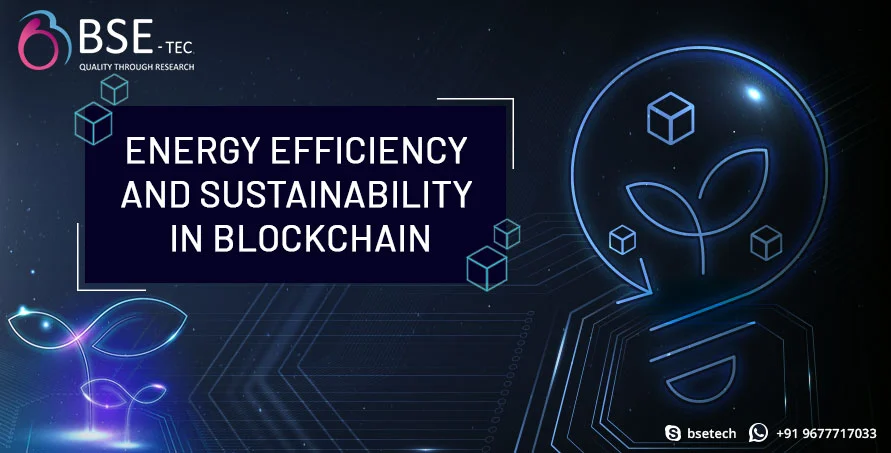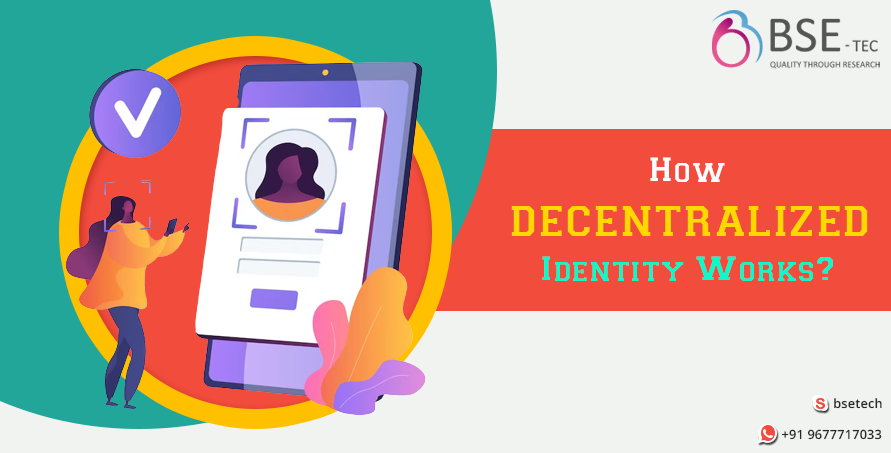What are Cryptocurrencies?
Bitcoin is a technological tour de force. -Bill Gates We know that everything is becoming more digital, and money is no exception. When was the last time you paid for your groceries or online food delivery with cash? Though we...




